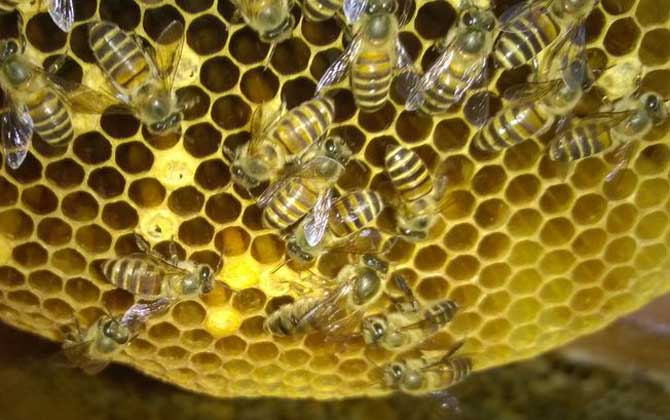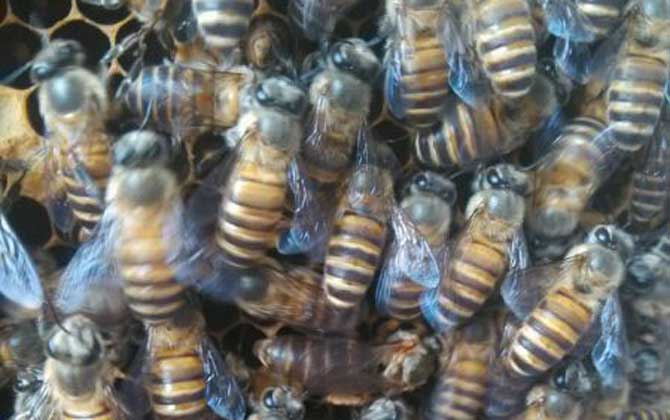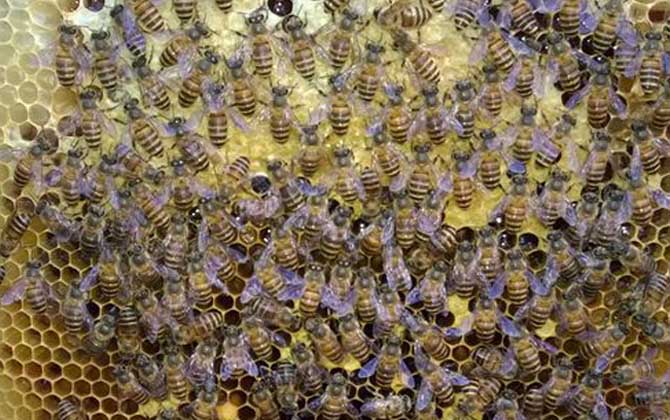Beekeeping Industry: An Integral Part of Agriculture
I. The Significance of Bees
Bees, classified as social insects within the family Apidae and genus Apis, are renowned resource insects. Managed beekeeping not only produces honey, royal jelly, and other hive products but also plays a vital role in pollinating fruit trees, vegetables, medicinal herbs, and various cash crops. Let’s explore how beekeeping fits into agricultural systems.

II. Industry Overview
Beekeeping is fundamentally agricultural. This millennia-old practice, categorized under animal husbandry, involves managed bee colonies for producing honey, propolis, bee pollen, beeswax, and royal jelly. Its agricultural advantages include:
- No requirement for arable land
- Minimal grain consumption
- Low labor investment
- Quick returns with high profitability
- Particularly suitable for mountainous regions rich in diverse nectar sources

III. Development Challenges
While promising, beekeeping carries specific risks:
- Technical Expertise: The primary risk lies in technical proficiency. Novices should prioritize learning apicultural techniques through:
- Comprehensive training programs
- Small-scale trial operations
- Gradual expansion after skill mastery
- Queen Quality: Despite honey being the main product, queen breeding poses challenges due to:
- Widespread fraudulent practices
- Misrepresentation of bee stock quality
- Deceptive marketing targeting inexperienced keepers
- Market Access: Similar to other agricultural ventures:
- New producers face market entry barriers
- Collaboration with established producers recommended
- Real-time market intelligence crucial
- Cooperative sales strategies beneficial

IV. Essential Requirements for Successful Beekeeping
- Bee Stock:
- Foundation of all operations
- Acquisition methods:
- Wild swarm capture
- Commercial colony purchase
- Apiary Location:
- Critical for productivity
- Site selection criteria:
- Low environmental noise (avoid roads, factories)
- Predator-free zones
- Optimal colony density
- Nectar Resources:
- Essential for colony survival
- Ideal floral conditions:
- Multiple major nectar flows annually
- Continuous minor nectar sources between peaks
- Technical Skills:
- Mandatory apicultural competencies:
- Hive transfer techniques
- Swarm management
- Disease diagnosis/treatment
- Queen introduction/rearing
- Colony merging strategies
- Mandatory apicultural competencies:
V. Environmental Impact & Economic Contribution
Modern beekeeping contributes significantly to:
- Biodiversity preservation through pollination services
- Sustainable agricultural practices
- Rural economic development
- Global food security (35% of crop production depends on pollinators)
